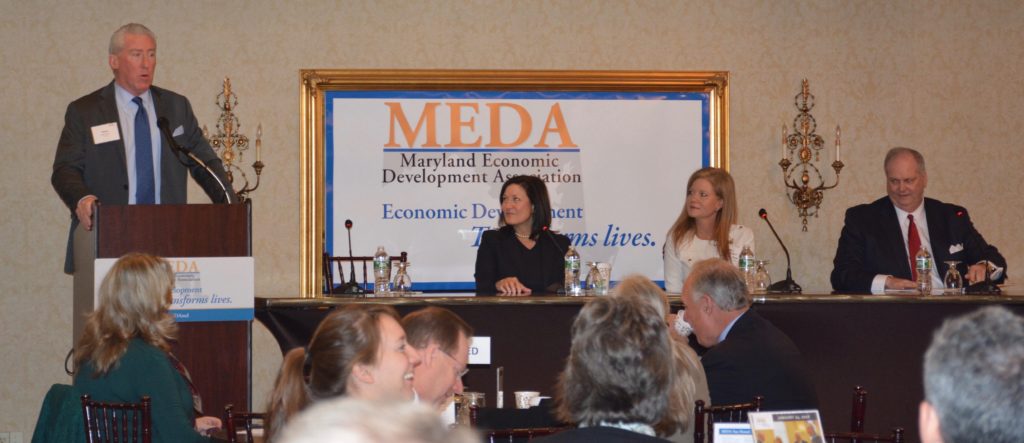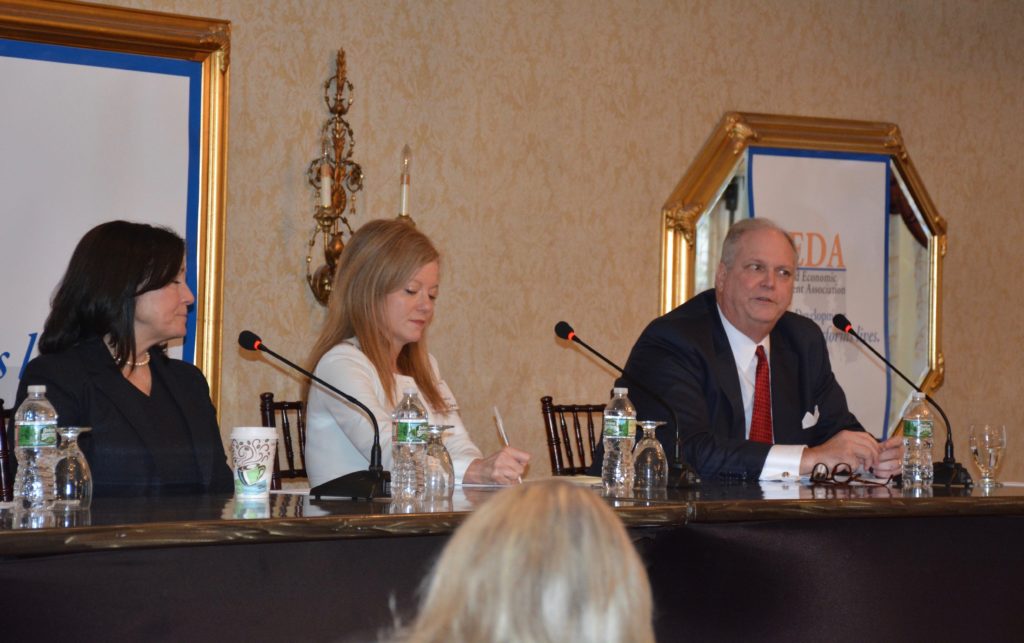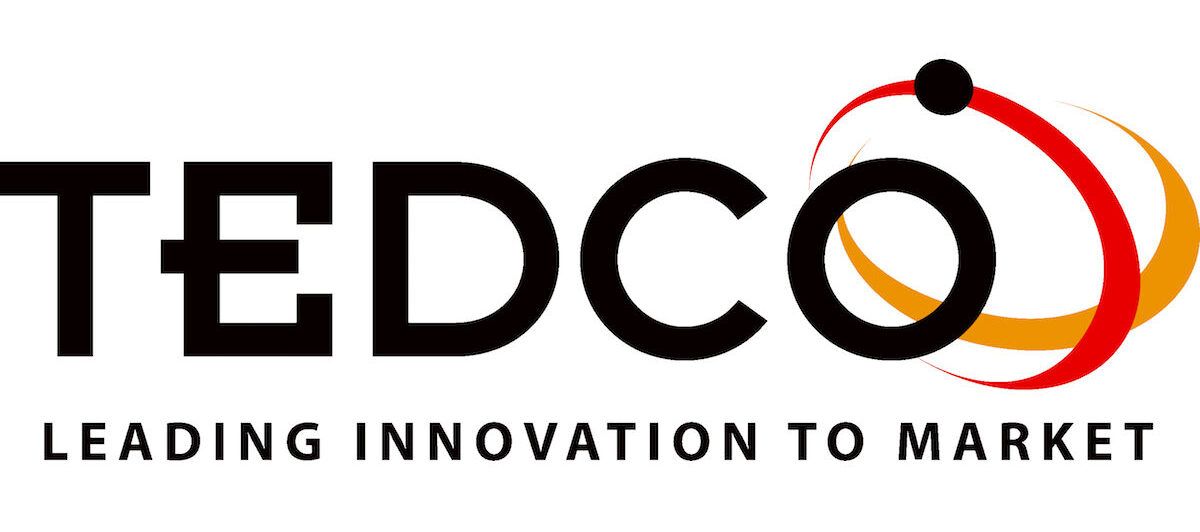Economic Development Stake Holders Agree: More Incentives and Less Regulation to Grow Maryland’s Economy
Historic Inns of Annapolis hosted a gathering of economic developers from across the state of Maryland for the 2018 MEDA Winter Conference. On the agenda was “Maryland Business Leadership Report,” a panel discussion moderated by Sean Looney, Vice President for State Government Affairs at Comcast NBCUniversal, and the topic of conversation revolved heavily around the current state of affairs in economic development in Maryland. Panelists included Donald Fry, President and CEO of Greater Baltimore Committee; Christine Ross, President and CEO of Maryland Chamber of Commerce; and Tami Howie, CEO of Maryland Tech Council.
Looney opened the conversation by asking the panelists what the biggest issues businesses were facing. Ross, first to respond, stated pending regulatory legislation was the most pressing concern for businesses to tackle. Ross described how regulatory legislation hampers business expansion which, in turn, hampers new residents moving to the state. Combined with pending paid leave legislation currently making its way through the Maryland State House and minimum wage laws, the burden on businesses could increase. Howie agreed and added the disappearance of tech and bio-tech incentives hinders the attraction and retention of businesses at a time when other states are aggressively ramping up incentives.

This was the same chain of thought when the panelists, when asked by Looney, responded to the question “How can Maryland better attract businesses?” Howie reinforced her position on the importance of money—both from investors and incentives.
The conversation switched gears to discuss how the federal tax bill overhaul will impact Maryland’s businesses. Fry expressed his concern about the amount of uncertainty revolving around the upcoming change to the federal tax code. He stated how much these changes will trickle down, affecting not only businesses but the coffers of state and local governments. The tax code changes stand to affect incentive programs in some fashion and Fry encouraged businesses to monitor how incentive programs can change and to fight to preserve them. Of note, Fry stated incentives are only a very small percentage of the State’s budget and the ROI for these programs is extremely high. With this in mind, Fry wants to see additional tax credits for angel investors to encourage investment in local businesses.

Looney moved the conversation to the state of infrastructure in Maryland and what challenges organizations face. Fry discussed the importance of doubling-down on high-speed technology services. Howie agreed and mentioned that 5G cellular service is starting to become increasingly important but is still early in its spread and is, therefore, not available in too many places. Furthermore, Howie expressed how difficult it is to expand broadband in rural areas. Ross discussed the critical importance of continuing to invest in the Port of Baltimore. Before transitioning to the next topic, Looney conveyed to the audience just how primly positioned Maryland is to capture federal broadband expansions funds thanks to the work of the Md Legislative Taskforce on Rural Broadband that was led by Eastern Shore state senator Adelaide Eckardt.
After additional discussion on net-neutrality and the opioid crisis, Looney wrapped up the panel discussion by asking “What is your magic wand solution for Maryland’s economy.” Staying consistent to their messaging, Fry responded with “pass legislation that focuses on economic growth and opportunities.” Howie concluded an innovation bill was needed to incentivize investment in workforce development, and Ross stated job creation legislation was needed.



